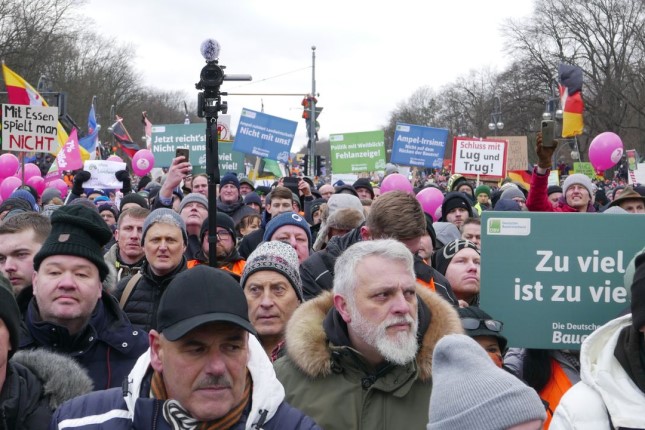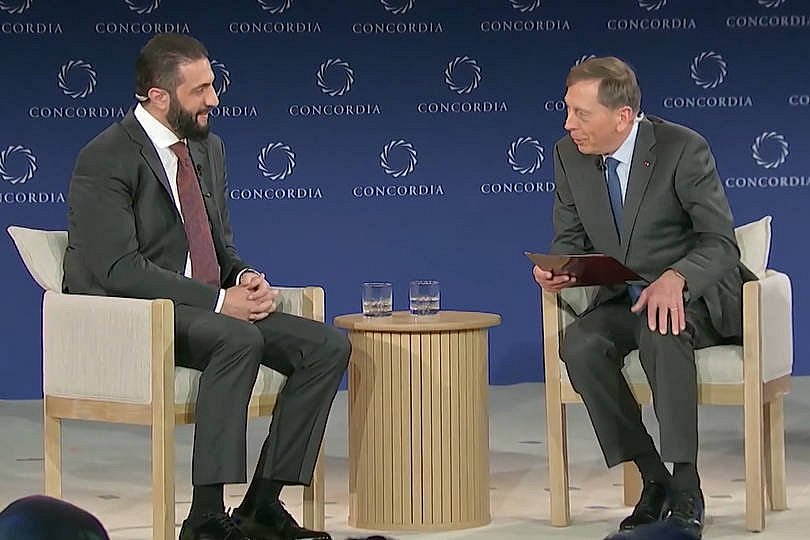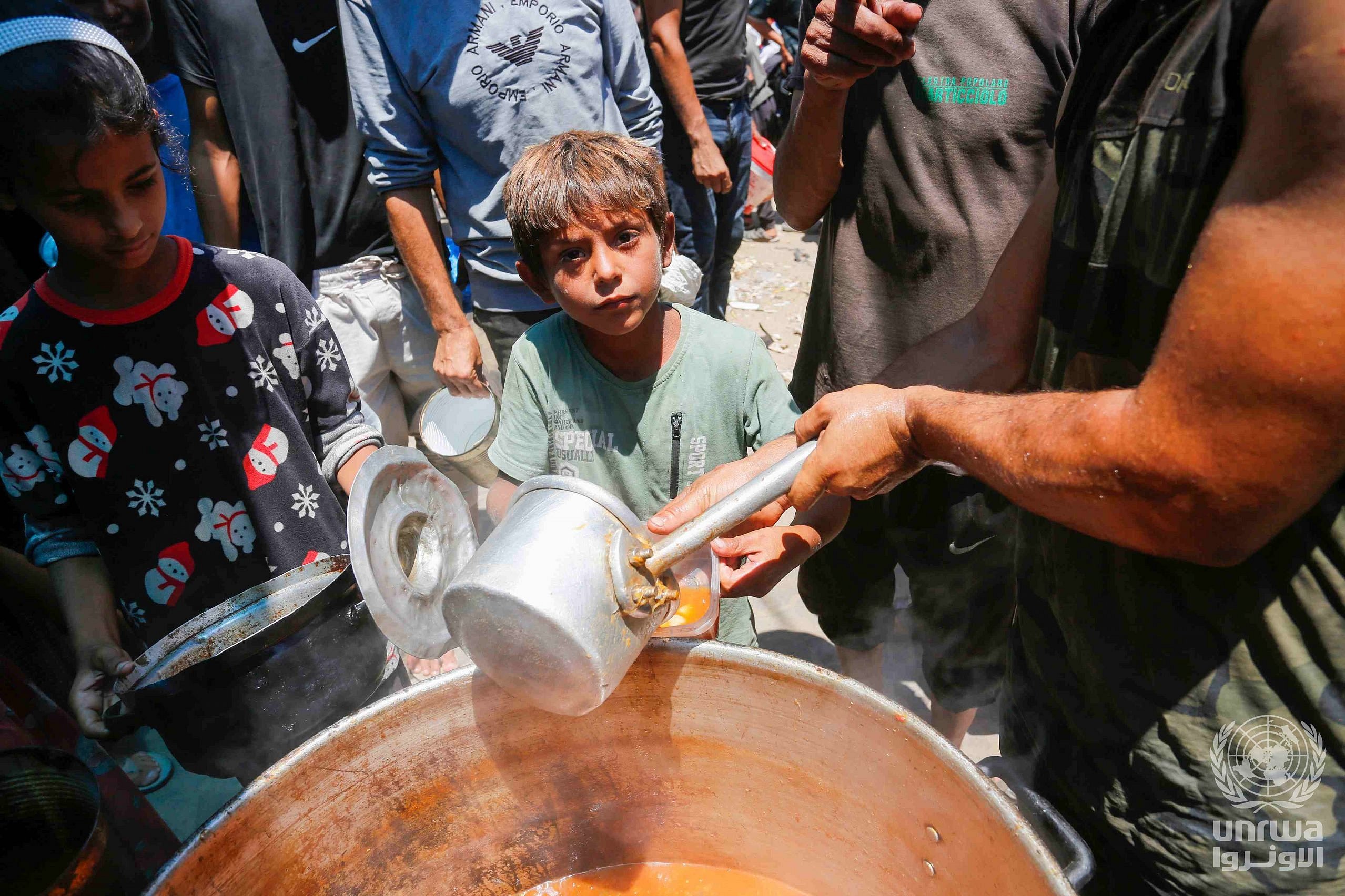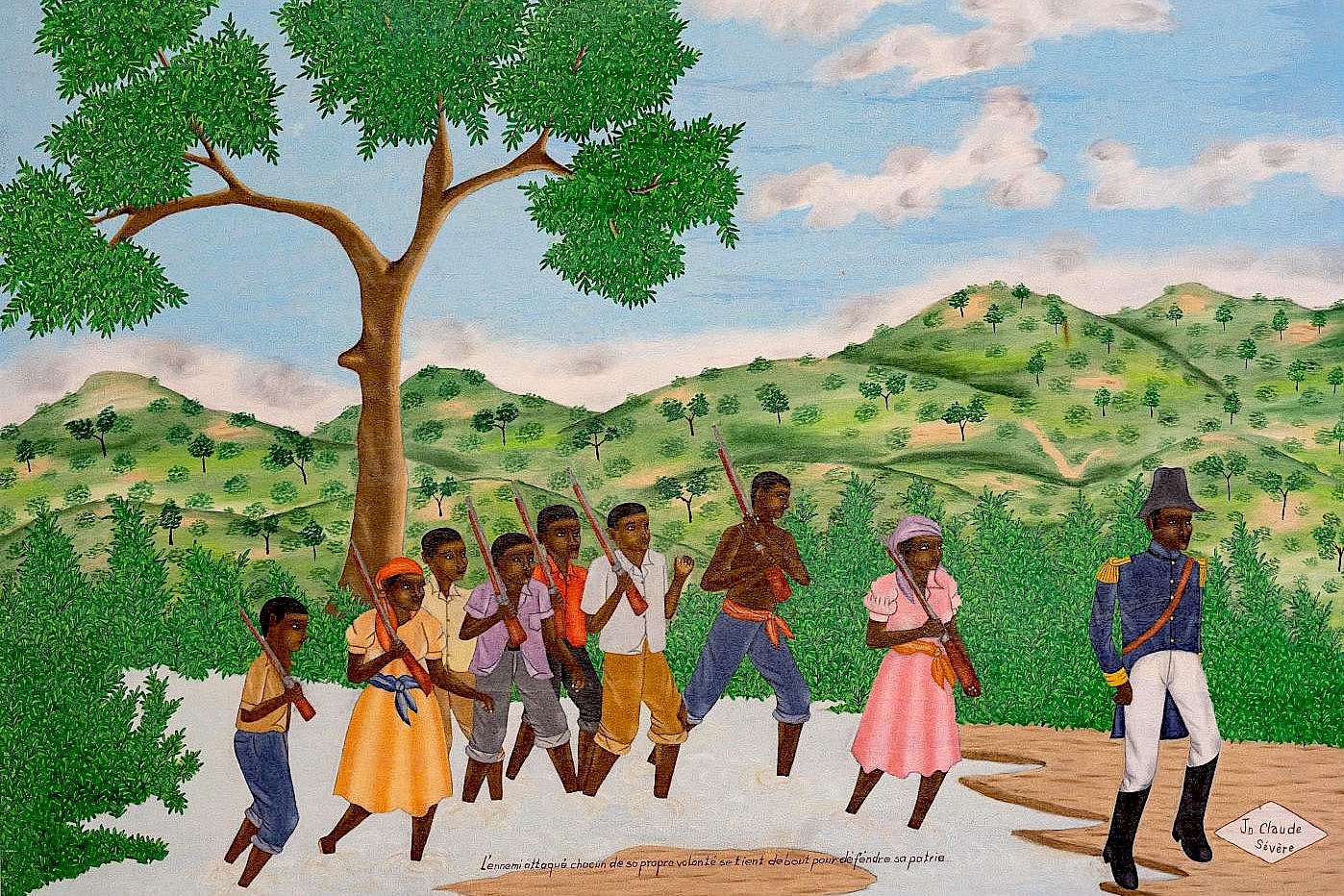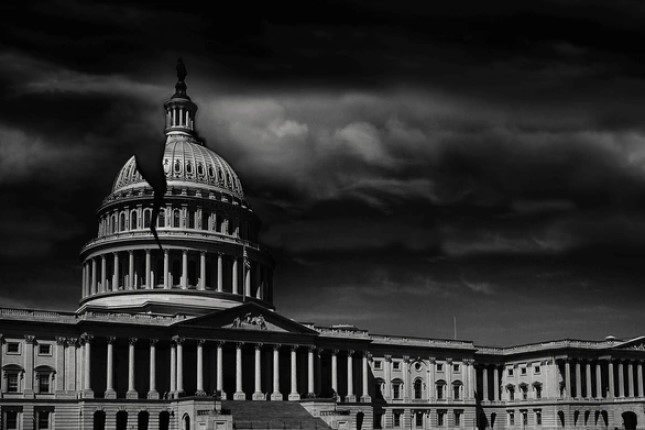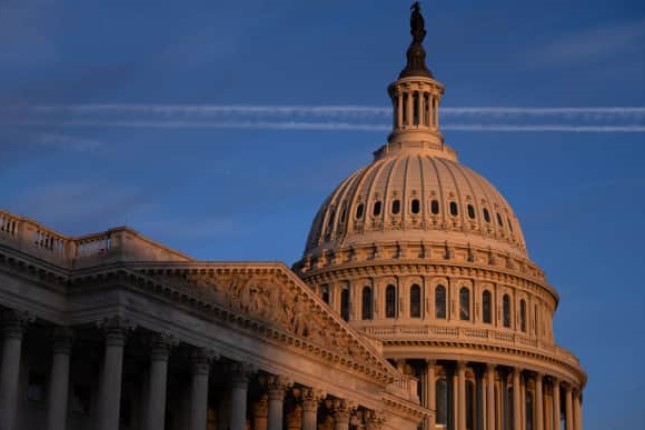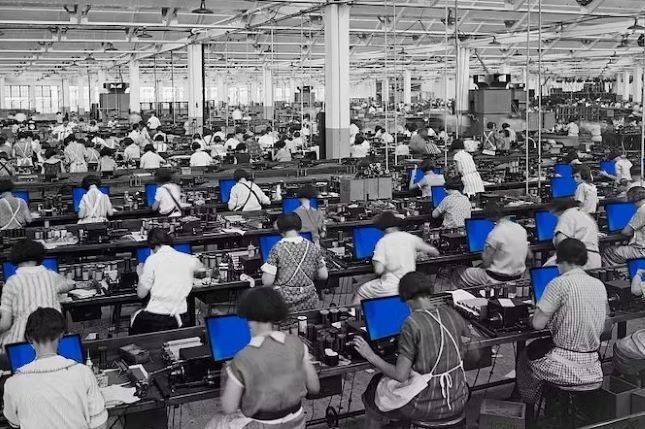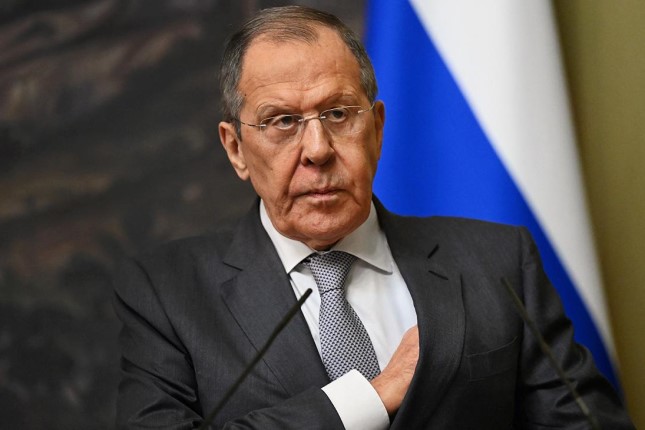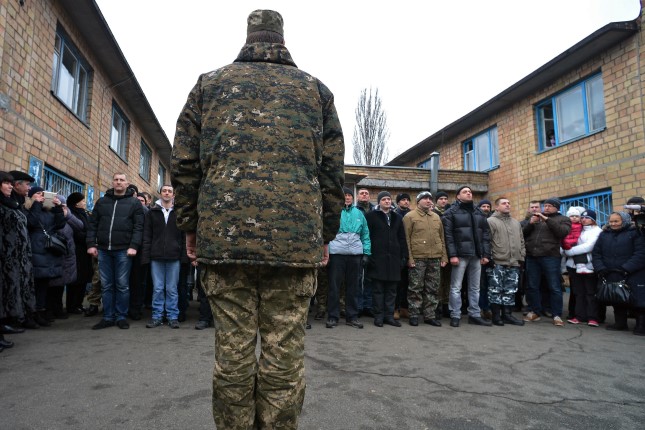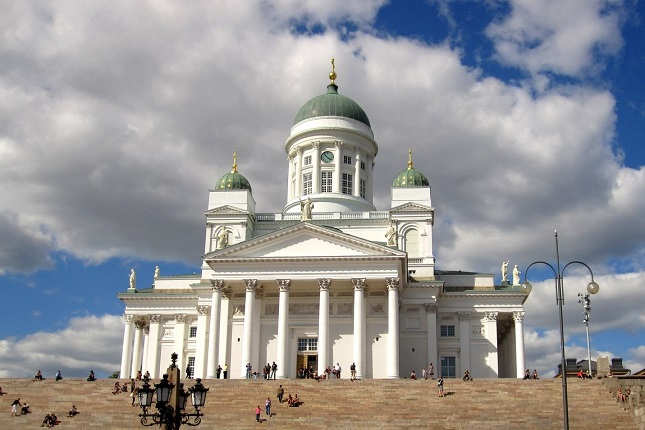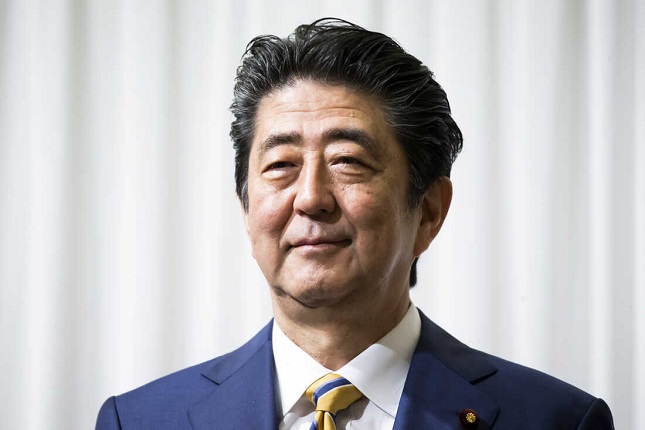Over 6,000 vehicles – mostly tractors, but also lorries – rolled into the German capital from four routes on Sunday night, honking their horns loudly.
According to the organisers of the protest, 30,000 people took part in the rally in front of the Brandenburg Gate. In addition to farmers’ organisations, representatives from the country’s transport, fishing and catering industries had also called for participation.
The large-scale demonstration in Berlin marked the end of a week of protests during which farmers blocked motorways, roads and in some cases, entire towns. The protests are directed against the government’s austerity measures, which are hitting farmers particularly hard. The government (a coalition of the Social Democratic Party, the Greens and the Free Democratic Party) had originally decided to completely abolish tax concessions for agricultural diesel and the motor vehicle tax exemption for agricultural vehicles. This would have meant an additional burden of almost one billion euros per year for Germany’s 250,000 agricultural businesses.
Faced with enormous opposition, the government has reversed the cancellation of the motor vehicle tax exemption and extended the reduction of the diesel tax concession to three years. These concessions, however, have failed to appease the farmers. The anger at Germany’s mainstream parties in general and the coalition in particular was very evident at the rally.
Tractors were emblazoned with hand-painted posters with inscriptions such as: “Enough is enough! We won’t put up with this any more! The coalition must go!” “Stop the coalition’s madness,” “Beware of storm and wind…and enraged farmers!” “Embezzlement, cronyism, warmongering. Not with our tax money!” and “Farmers looking for a capable government.”
A part-time farmer from Bernau, north of Berlin, told the WSWS: “All spheres of society are so run down that money is needed everywhere, money which is then collected in the form of taxes. Countermeasures should have been taken years ago. Now we are supposed to pay for what those at the top have done. Nothing works any more in this state.”
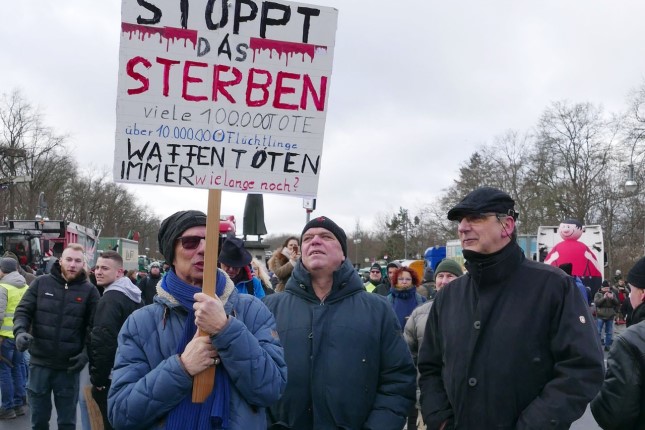
Demonstrators from Bernau. The poster reads: "Stop the killing. Many hundreds of thousands dead. Over ten million refugees. Weapons always kill, for how much longer?"
A pensioner who accompanied him was outraged by the country’s high defence spending: “What concerns me is that we are spending huge sums of money to supply weapons. We are at war. People are dying every day, and we just carry on. Human lives are no longer a priority. That makes me sad and slowly also angry.”
Young people on the protest carried a placard: “Your politics are as bad as our education.”
A wide variety of social interests were represented at the demonstration. Participants ranged from better-off association officials, large farmers and small business owners to small and part-time farmers, lorry drivers and agricultural workers.
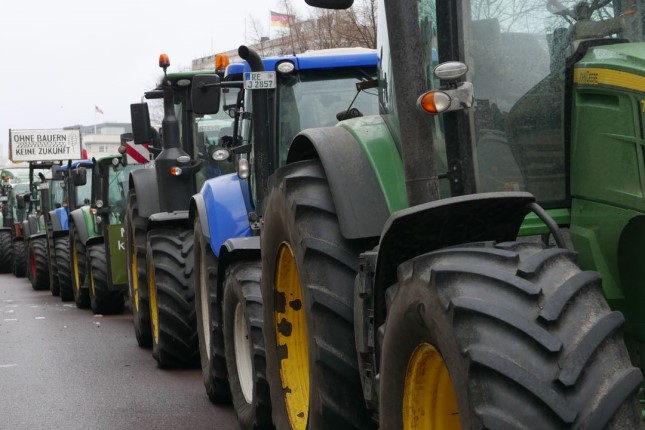
Farmers' protest in Berlin.
The president of the German Farmers’ Association (DBV), Joachim Rukwied, who gave the keynote speech and acted as spokesman for the protests, is a large-scale farmer, CDU politician and all-round functionary. He runs a farm with 360 hectares near Heilbronn, while 86 per cent of all farms are smaller than 100 hectares. He sits on the executive committee of the German Raiffeisen Association, on the supervisory board of agricultural group BayWa, on the advisory board of DZ-Bank and on the board of the Association of Southern German Sugar Beet Growers. The DBV represents the interests of large agricultural businesses and is closely intertwined with the agricultural industry.
Rukwied had invited as speaker Finance Minister Christian Lindner (FDP), who was greeted with deafening boos and shouts of “Get lost” when he attempted to address the rally. Lindner was only able to speak after Rukwied had emphatically spoken out in his favour. Even then Lindner could only be heard in the front rows as the shouts of protest against him continued to erupt.
Lindner tried to cozy up to the farmers by feigning “understanding” for their protest and claiming he was “impressed by the solidarity you are showing here.” He ranted against climate campaigners who, he claimed, had been infiltrated by the extreme left.
In the style of the far-right Alternative for Germany, he endeavoured to deflect the farmers’ anger by haranguing the needy and migrants: “It annoys me that I have to talk to you as the hard-working middle class about cuts, while on the other hand people in our country get money for doing nothing. ... That’s why we’re cutting benefits for asylum seekers. That’s why we’re cutting one billion euros from the citizen’s income (social benefit).”
He then went on, however, to defend the government’s cuts, declaring that agriculture would also have to make a “fair contribution.” His aim was not to “weaken agriculture,” but rather “strengthen sustainable entrepreneurship”—a synonym for the continuation of the demise of farms due to rising costs and falling prices.
After the rally, representatives of the farmers’ organisations met with the parliamentary leaders of the three governing parties—apparently without result. DVB President Rukwied then announced further protests if the government did not abandon its plans to increase taxes. He also promised, however, to end the protests immediately if the government cancelled its planned reduction in the subsidy for agricultural diesel.
The farmers’ protests have met with considerable popular support. Many workers believe that at last someone is finally taking a stand against the hated policies of the coalition, policies which the trade unions, working closely with the government, support while striving to suppress all resistance.
A survey of 35,000 users by broadcaster MDR found that 90 percent expressed understanding for the blockades and lockdowns, even if they themselves were directly affected. Only one in four thought the forms of protest went too far. A third thought they were appropriate and one third thought they did not go far enough. Many also spoke of a, now necessary, “general strike.”
The farmers, a traditionally conservative class of small landowners, tend to favour an individualistic and nationalistic solution. While all the demonstrators the WSWS spoke to expressed their disgust with the established parties, some expressed their hope in the recently formed “Sahra Wagenknecht Alliance” and some in the far-right AfD, which one protester said was the only party in the Bundestag to oppose the NATO led war against Russia.
As we wrote in an earlier article on the farmers’ protests, “The solution to the social crisis depends on liberating the working class from the paralysing control of the trade union apparatuses and mobilising it for a socialist policy that breaks the power of the banks and corporations over society.” If the working class shows a way out of the social impasse, less well-off farmers and agricultural labourers will join it and reject the right-wing demagogues.
Photo: Rally in front of the Brandenburg Gate.
Source: World Socialist Web Site.
